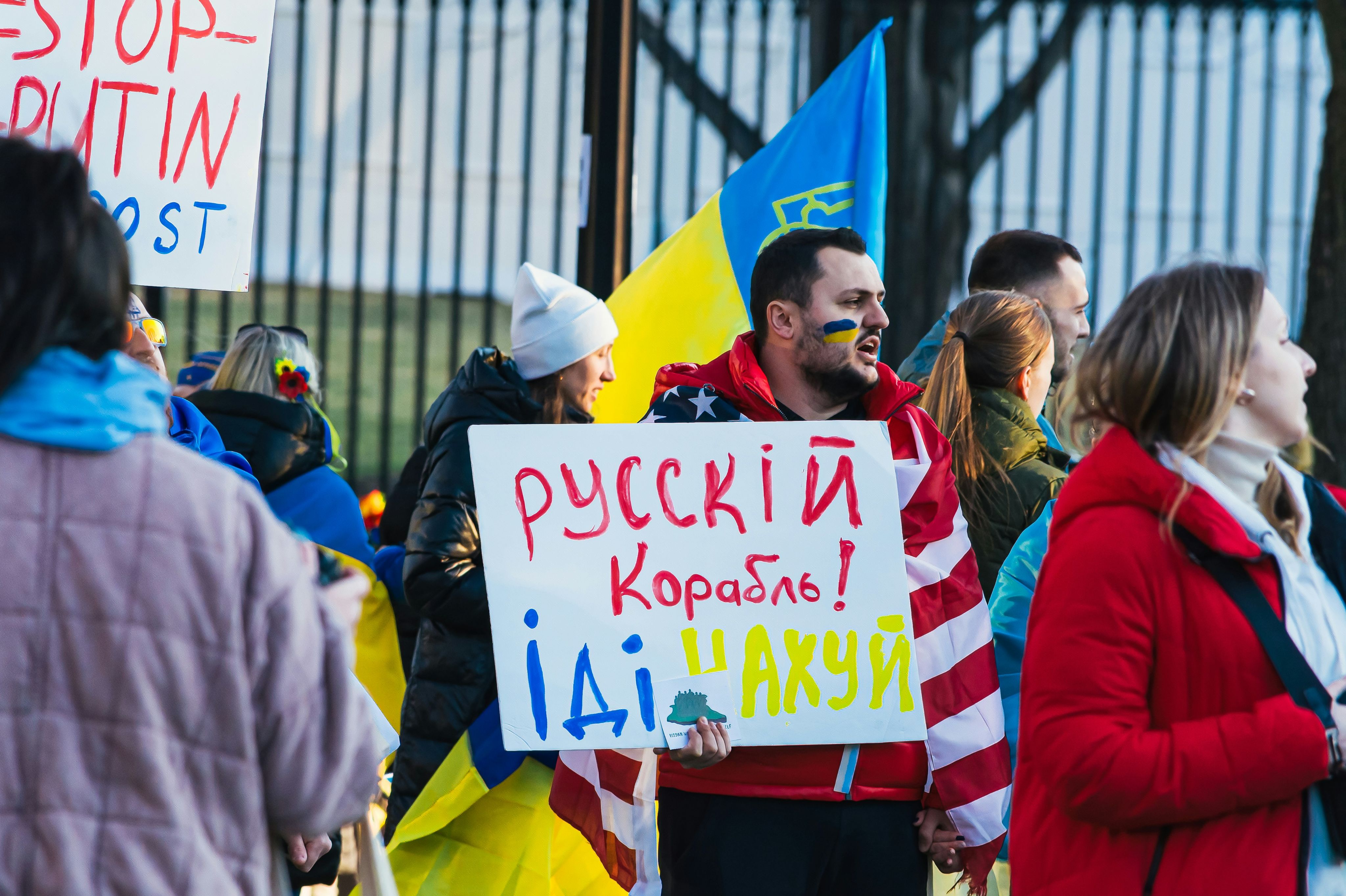Chapter 9:
Stand with Ukraine

Key insights
Ukrainian refugees’ labour market integration has been generally positive. Employment rates reached between 10% and over 50% across EU Member States, supported by the Temporary Protection Directive and community goodwill.
Language barriers and job quality remain key challenges. Insufficient language knowledge is the most commonly reported barrier, followed by irregular work and overqualification, which contribute to income instability and reliance on social assistance.
Limited access to childcare constrains employment, especially for women. Enrolment rates range between 42% and 71%, posing a significant obstacle for the many women with children among the refugee population.
Mental health issues are widespread, but access to services is limited. Displaced Ukrainians report PTSD, depression and anxiety, but face barriers such as stigma, language difficulties and lack of awareness of available support.
By November 2023, in the wake of Russia’s war of aggression against Ukraine, 4.2 million displaced Ukrainians had registered under the EU’s Temporary Protection Directive. This provided them with residence permits, access to the labour market and housing, medical assistance, and access to education for children. Eurofound research shows that Ukrainian refugees’ integration into the labour market has been generally positive. In a short space of time, employment rates reached between 10% and over 50% across EU Member States. Since their arrival, there has been considerable anecdotal evidence of goodwill towards Ukrainians in local communities.
As the war entered its third year in 2024, Eurofound continued its engagement with the impacts of the war on both refugees and host communities. In 2024, Eurofound published research on the integration of Ukrainian refugees in EU Member States, focusing on labour market access, housing, healthcare and essential services.
The research also examined the mental health toll of the war on displaced Ukrainians, shedding light on the psychological challenges they face and the availability of support services across the EU.

Barriers to employment remain

Despite this, challenges remain. Ukrainian refugees’ employment rates vary by country, and insufficient language knowledge is the most commonly reported labour market barrier (Figure 32). The second most cited obstacle is that they could only find what they perceived as irregular work (23%), with many Ukrainians working in sectors where temporary jobs dominate, such as tourism, hospitality and construction.
A further challenge is overqualification, with many taking up roles that do not match their skills, leading to income instability and reliance on social assistance. Lack of accessible childcare, reflected in low enrolment rates (ranging between 42% and 71%), is another major obstacle, especially considering the predominance of women with children among Ukrainian refugees.
Housing also remains a chief concern, given the pre-existing housing problems faced across the EU. These include an insufficient housing supply, rising costs, the financial strain for low-income tenants and owners with high mortgages, housing inadequacy and homelessness.
Figure 32: Barriers to employment reported by Ukrainian refugees, EU, 2023 (%, weighted)

The mental health impact of war

Research suggests that displaced Ukrainians suffer from a range of mental health problems, including post-traumatic stress disorder (PTSD), depression and anxiety disorders, following their traumatic war experiences. Added to this is the trauma of displacement and resettlement in a foreign environment and the separation from loved ones.
Displaced Ukrainians also face specific challenges in accessing mental health services. These include language difficulties, stigma surrounding mental health issues, lack of awareness of available services and limited knowledge of how to access them.
A survey by the Fundamental Rights Agency (FRA) (2023) showed that about one in five Ukrainian respondents perceived their own health as bad (19%) or very bad (2%). Among those out of work, a relatively high share (15%) identified their physical or mental health issues as at least one of the reasons why they could not work.

Low levels of trust and EU support for Ukraine

Trust in institutions plays an important role in shaping public attitudes toward EU support for Ukraine.
Eurofound research shows that those with low levels of trust in institutions are up to five times more likely to believe that EU support for Ukraine – whether military or humanitarian – has been too much.
Among those with low levels of institutional trust, nearly 50% believe that too much military support has been provided, and around 33% believe that refugees have received too much assistance (Figure 33).
These findings suggest that institutional trust may be a key factor influencing public support for the EU’s actions in the context of the war in Ukraine.
Figure 33: Public support for measures to aid Ukraine, by level of trust in national government, EU, 2023 (%)
Discover more
- Report: Social impact of migration: Addressing the challenges of receiving and integrating Ukrainian refugees
- Eurofound and FRA research paper: Barriers to employment of displaced Ukrainians
- Data story: Quality of life in the EU in 2024: Results from the Living and Working in the EU e-survey
- Working paper: The Ukraine crisis: The mental health toll of the war
